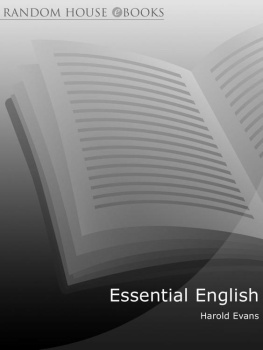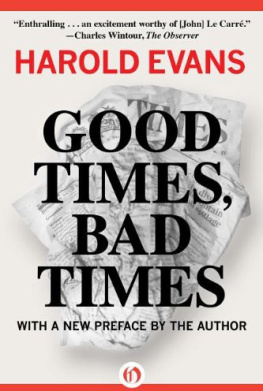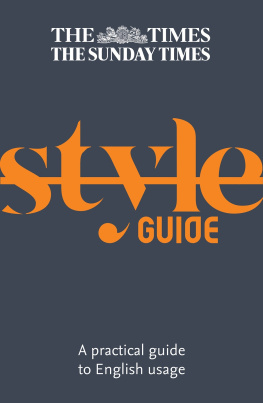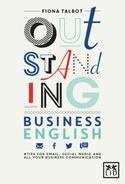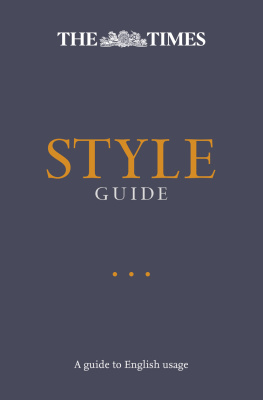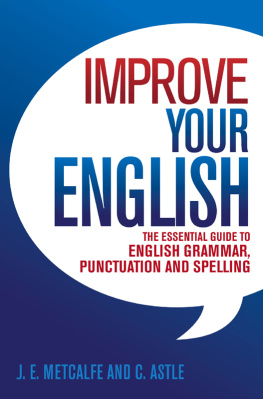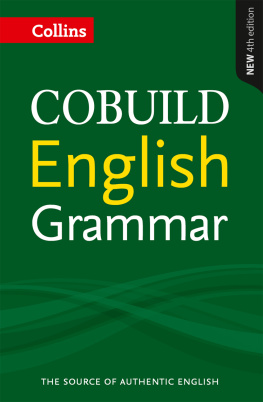PIMLICO
ESSENTIAL ENGLISH FOR JOURNALISTS, EDITORS AND WRITERS
Harold Evans was editor of the Sunday Times from 1967 to 1981 and editor of The Times from 1981 to 1982. His account of these years, Good Times, Bad Times, was a national bestseller. He won a European gold medal for his efforts for the thalidomide children. He is the author of Pictures on a Page, which has been acclaimed around the world as the bible of photo-journalism, and the celebrated The American Century: People, Power and Politics An Illustrated History. In America, he has been editor-in-chief of Conde Nast Traveler magazine, and president and publisher of the Random House trade group in New York. He has most recently been editorial director and vice-chairman of US News and World Report, the Daily News, Fast Company and Atlantic Monthly. He lives in New York with his wife Tina Brown and their two children.
Crawford Gillan is a former editor of the Evening Star, Ipswich, and of the Essex County Standard. Before that he was deputy editor of the Cambridge Evening News. He has also worked as a sub-editor on the Daily Express and the Guardian. He chaired the editorial training committee of the Guild (now Society) of Editors for three years in the mid-1990s. He now works as a freelance editor and consultant.
ESSENTIAL ENGLISH
For Journalists, Editors and Writers
HAROLD EVANS
Fully Revised by Crawford Gillan

This eBook is copyright material and must not be copied, reproduced, transferred, distributed, leased, licensed or publicly performed or used in any way except as specifically permitted in writing by the publishers, as allowed under the terms and conditions under which it was purchased or as strictly permitted by applicable copyright law. Any unauthorised distribution or use of this text may be a direct infringement of the authors and publishers rights and those responsible may be liable in law accordingly.
Version 1.0
Epub ISBN 9781446412114
www.randomhouse.co.uk
Published by Pimlico 2000
Copyright Harold Evans 1972, 2000
Revised edition copyright Harold Evans and Crawford Gillan 2000
Harold Evans has asserted his right under the Copyright, Designs and Patents Act 1988 to be identified as the author of this work
Crawford Gillan has asserted his right under the Copyright, Designs and Patents Act 1988 to be identified as the author of the revised material other than that supplied by Harold Evans
This book is sold subject to the condition that it shall not, by way of trade or otherwise, be lent, resold, hired out, or otherwise circulated without the publishers prior consent in any form of binding or cover other than that in which it is published and without a similar condition including this condition being imposed on the subsequent purchaser
First published in Great Britain as
Newsmans English by
William Heinemann 1972
Revised edition first published in Great Britain by
Pimlico 2000
Pimlico
Random House, 20 Vauxhall Bridge Road,
London SW1V 2SA
Random House Australia (Pty) Limited
20 Alfred Street, Milsons Point, Sydney,
New South Wales 2061, Australia
Random House New Zealand Limited
18 Poland Road, Glenfield,
Auckland 10, New Zealand
Random House (Pty) Limited
Endulini, 5a Jubilee Road, Parktown 2193, South Africa
The Random House Group Limited Reg. No. 954009
www.randomhouse.co.uk
A CIP catalogue record for this book is available from the British Library
ISBN 0712664475
Papers used by Random House are natural, recyclable products made from wood grown in sustainable forests; the manufacturing processes conform to the environmental regulations of the country of origin
Typeset by Deltatype Ltd, Birkenhead, Merseyside
Printed and bound in Great Britain by
Biddles Ltd, Guildford
Contents
Foreword to the Pimlico Edition
Hugh Cudlipp was the journalists journalist of the 1940s and 1950s. Harold Evans was the journalists journalist of the 1960s and 1970s. Both remain journalists journalists for the new millennium.
It was fitting, therefore, that Cudlipp, in his Foreword to the first edition of Evanss Newsmans English (as it was first called) should describe the book as unique. The word unique is too often misused. That it is still so often misused confirms the need for this welcome return of a masterful treatise on the English language.
A good English sentence is still a good English sentence. And a clich remains a clich. As the information available to the ordinary man, woman and child continues to multiply enormously each year, the need for good English not only persists, but becomes of increasing importance. Everyone needs a good editor. And it is the consumer who needs a good editor more than most as this eruption of knowledge threatens to overwhelm all in its unrelenting wake.
There are those who predict that content above all else will be king. I disagree. Context, provided by expert users of the language, will rule and shape peoples lives in the future. Hence the need for this adroit revision of this unique book.
In the years since it went out of print no other text has come close to fulfilling its role. Thus the Society of Editors, in its inaugural year following the amalgamation of the Guild of Editors and the Association of British Editors, enthusiastically welcomes its re-publication.
Many of its members grew up on Evans. They not only appreciated what Evans preached, they also understood that Evans practised what he preached. He was not merely a teacher telling us what ought to be done. He was a practitioner who showed us what was done. The book was required reading for all those who became journalists in the 1970s. This new edition must become required reading for all those who will become journalists in the new millennium.
It has become far too fashionable for the use of good English to be derided. Indeed our own profession has not always helped the matter. Newspapers, radio stations and television broadcasters have all contributed to sloppy usage of the language. That is not to say that English should not be dynamic and move forward. Of course it should. But it must also be correct. There is a virtue in all language being correct and the journalist who believes otherwise is a poor journalist.
In the new millennium the Society of Editors sees its main goal as supplying a community at ease with itself with as free a flow of information as possible. But that information is of no use at all if it is obscured by poor, jargon-ridden and dense English. Clear English should be a priority for all those who use the language in this new millennium. And news English at its best is the clearest English of all.
This book remains not only essential reading for those who enjoy clear language. It remains essential reading for all those who pass knowledge to others. All editors and fellow journalists should devour this book. All writers, readers, listeners and viewers need to use the language in the English language well and there is no better guide than Harold Evans.
NEIL FOWLER
President, Society of Editors
Editor, The Western Mail
January 2000
Editors Preface
When I was chairing the editorial training committee of the Guild of Editors (now the Society of Editors) in the mid-1990s one of the big concerns among editors was the poor grasp of written English by recruits into journalism.
It seemed to matter little whether the trainees had come straight from school or, as most of them do these days, had entered the media industry as university graduates. So rife was the problem it was even suggested that the initial training programme for journalists should start with a compulsory course in remedial English. Assuming that students recruited into journalism could be expected to be among the most articulate and literate of their generation, it did not say much for the rest of their peer group.
Next page
